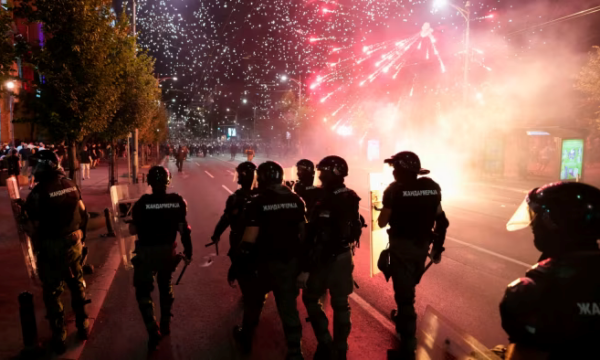
Foto: FT
Europe must increase pressure on Aleksandar Vučić to avoid a deeper democratic retreat
After a fall from power, veteran authoritarians always face a crossroads: will they intensify repression, entrench their capitalist circle of friends and crush what remains of an independent media, if any, or will they bow to opposition calls for reform. This has played out many times around the world in the decades since the Cold War. Autocrats almost always choose the former approach and become more harsh. Now, with anti-government protesters on the streets of the capital, Belgrade, Serbia’s Aleksandar Vučić faces that choice.
For eight years as Serbia’s president, and before that as prime minister, he has ruled with an increasingly intrusive hand, yet runs a managed democracy rather than a full-blown autocracy. Vučić has performed a similarly cunning balancing act on the global stage. He has maintained cordial relations with Moscow without being so friendly as to anger the EU and the US; he has turned a blind eye to Serbian arms sales to Ukraine. He has impressed Beijing with billions of dollars in investment in industry and infrastructure.
Although Serbia is still only a candidate for EU membership, Vučić has close ties with the bloc’s leaders, such as French President Emmanuel Macron and European Commission President Ursula von der Leyen, not only offering the opportunity for European mining companies to tap the country’s untapped lithium deposits to boost Europe’s drive for greater energy independence. He has also cultivated good relations with close aides to Donald Trump in the US president’s first term.
Vučić’s risk-aversion routine may be worth studying in other countries with many alliances. But at home, he is running out of options, as frustrations over his unaccountable and opaque rule have turned into protests. The spark was the collapse of a train station canopy last November in the city of Novi Sad, which killed 16 people. The station had been renovated by Chinese companies as part of China’s “Belt and Road” initiative. Vučić’s opponents blame the collapse on state corruption, poor governance and weak oversight, which they see as hallmarks of his regime.
Since November, opposition demonstrators have taken to the streets in large numbers, most recently calling for early elections. Last week saw the most violent protests yet, with clashes with police in several cities. Over the years, Vučić, an extreme nationalist in his youth, has exploited pan-Serbian sentiment and irredentism among Serb minorities in neighboring Bosnia and Kosovo to garner support. But that card may be losing its power.
Vučić could still lift restrictions on non-state media, open up the political arena for the opposition, and launch truly independent investigations into scandals such as the Novi Sad station collapse. Such moves would also help Serbia’s long-running bid for EU membership. But reform is not the autocrat’s path: Vučić needs to write and take tougher measures.
The EU and Britain have indulged him for too long. Realpolitik has reflected a desire not to see Serbia fall into Russia’s orbit. But this approach of non-interference is no longer sustainable. Vučić must be pushed to be more accountable and hold genuinely fair elections; this is essential to any hope of EU membership, after all. The alternative is for Serbia to slide down the path that Georgia has unfortunately followed, becoming a sham democracy over which the EU has no influence and about whose excesses it can do little more than issue protest statements.
America seems to have left the Balkans for the time being. But the UK and the EU have not. They must act and use their economic influence. If they do not and Serbia goes further down the authoritarian path, it will not only be Vučić, but also his Western backers who avert their gaze, who are to blame./FT/

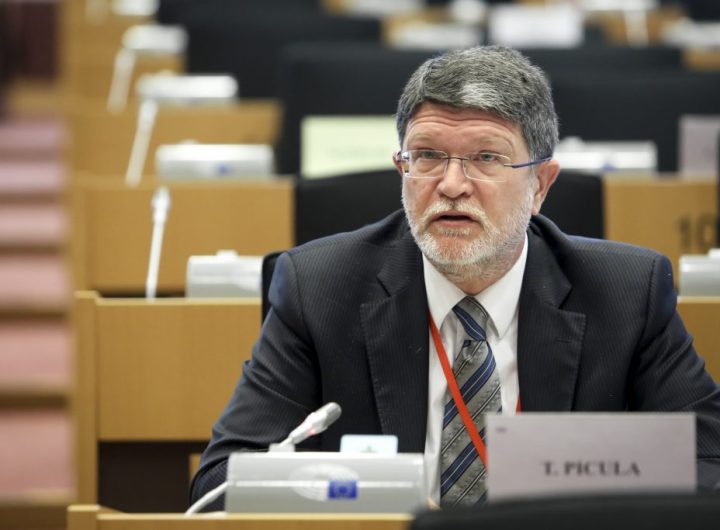 Picula: No EU membership for Serbia without recognizing Kosovo, arrest Radojcic
Picula: No EU membership for Serbia without recognizing Kosovo, arrest Radojcic 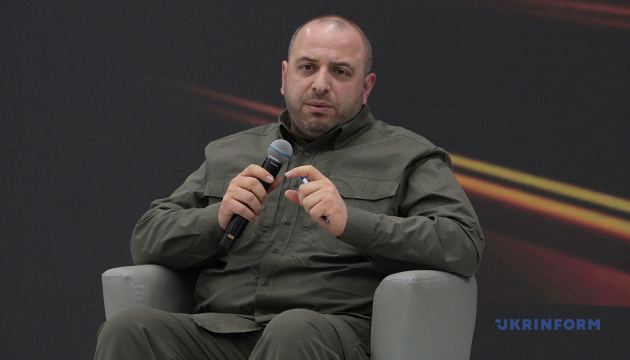 Ukraine, UK agree to joint production of interceptor drones
Ukraine, UK agree to joint production of interceptor drones 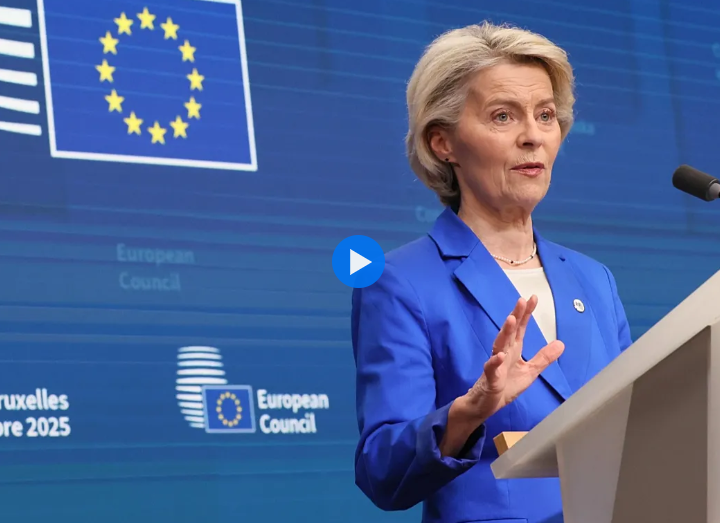 European Union seeks to end dependency on China for rare earths
European Union seeks to end dependency on China for rare earths  The “Flower of Srebrenica” monument unveiled in Vienna
The “Flower of Srebrenica” monument unveiled in Vienna 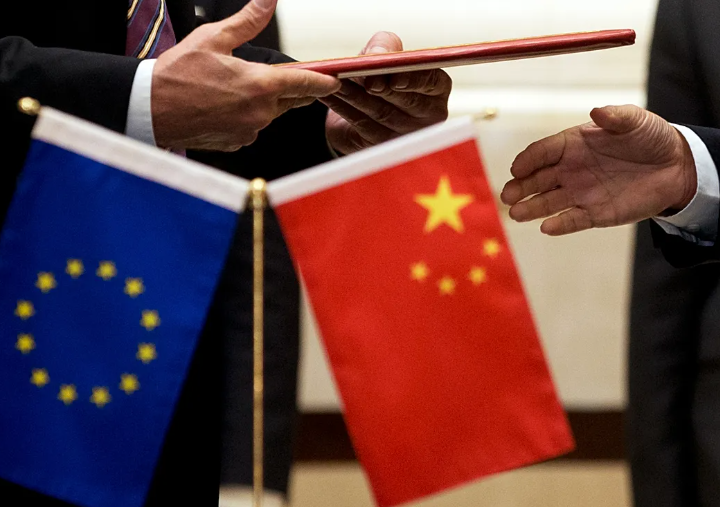 Tensions remain high as China and EU prepare Brussels meeting on rare earths
Tensions remain high as China and EU prepare Brussels meeting on rare earths 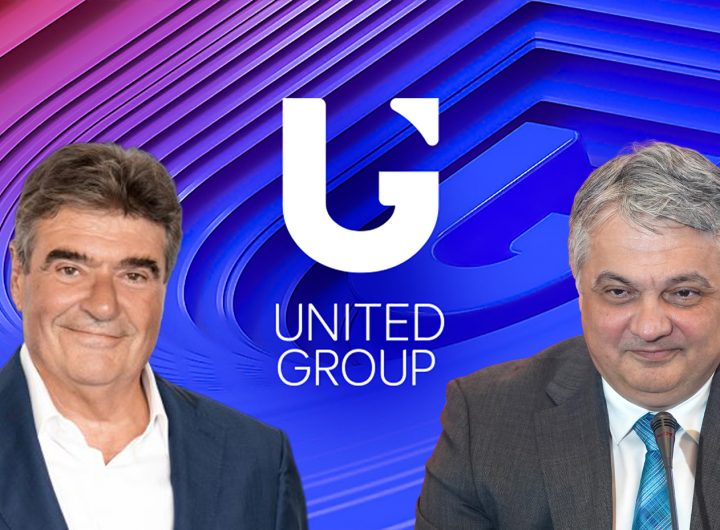 Two months after the release of the Lučić-Müller video: Criminal charges for trading in influence filed with TOK, but the case has no epilogue
Two months after the release of the Lučić-Müller video: Criminal charges for trading in influence filed with TOK, but the case has no epilogue